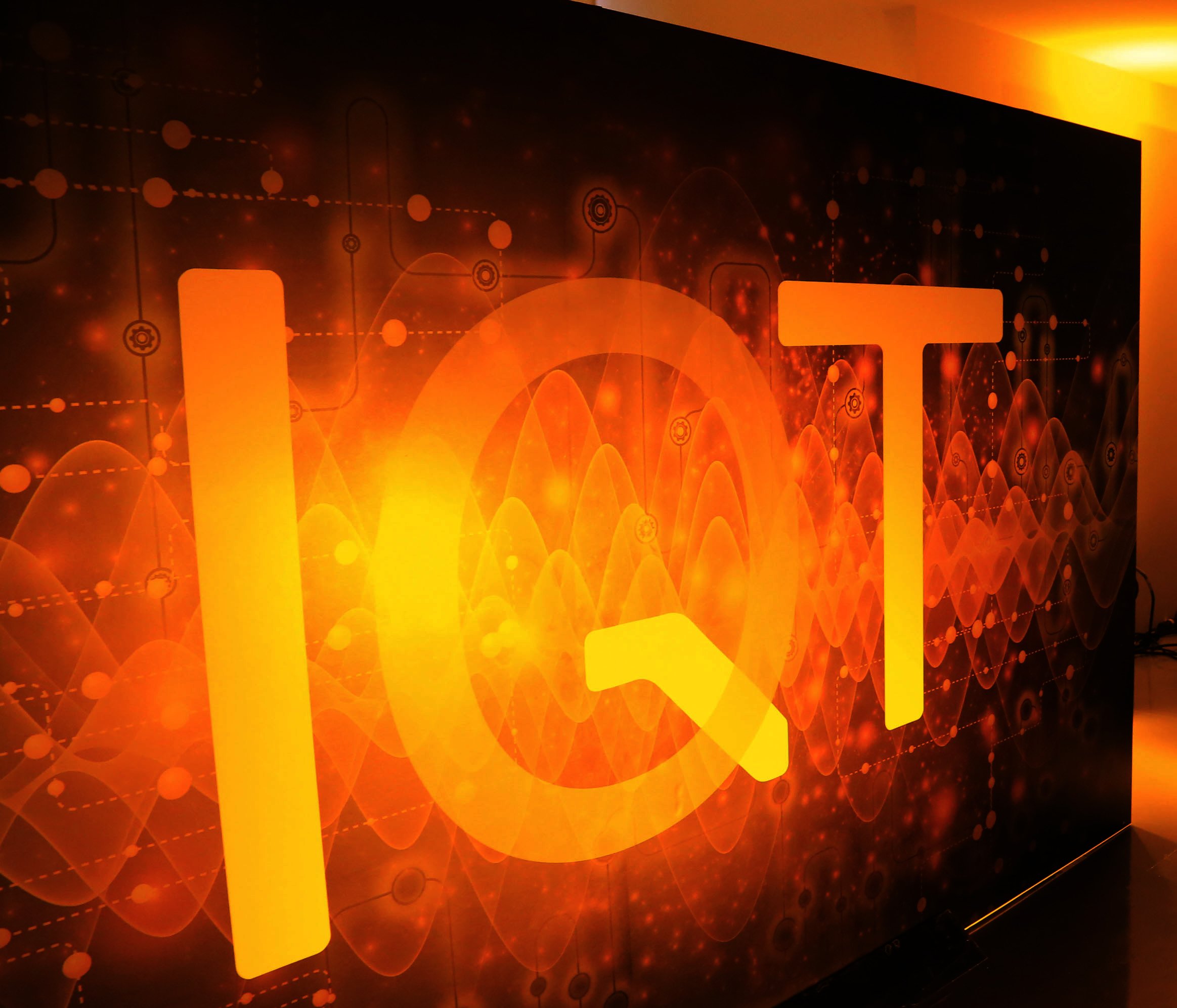Dell Technologies IQT Strategy Event Part 5: How far we will go
By Ryan Noik 19 October 2017 | Categories: Corporate Events
At the tail end of Dell Technologies’ IQT strategy day, a few journalists were invited to a small, exclusive roundtable with Dell Technologies CEO and founder, Michael Dell. The topics discussed were diverse, ranging from the ethical considerations of technology’s leap forward and the evolution of computing, to how a large business with global scale can still be agile.
Dell began by pointing out that as technology advances at a rapid pace, it certainly brings with it some ethical concerns around privacy and security. However, he noted, that resulting changes, and the decisions that need to made to address them, are best addressed by the governments and societies they affect, not tech companies.
He added that certainly, the role technology plays in education, the environment and all aspects of society, is greater than it was, with its impact only set to grow in the future. Addressing the concern, particularly for developing countries, that new technologies will engender job losses, Dell had an interesting perspective.
“If you go back 20, 40, or 60 years ago there were the same kind of questions. There is a human fascination with bad outcomes as it relates to change. In fact, there is a whole industry around this, called science fiction movies, where there all these horrific stories about bad things happening in the future. But if you step back and actually look at it, technology has actually been an amazing force for good. And while there are always risks and challenges relating to new things and changes, generally the outcomes have been way better for humans than not,” he elaborated.
Michael Dell, CEO and Founder, Dell Technologies
Progress: For good or ill?
He pointed that if we look at some of the earliest technologies, like fire, or the wheel, one could argue that each destroyed some jobs and created new ones. Rather, Dell believes that governments, companies and individuals have to reflect on whether they on the right side of history by trying to prevent the advances of technology. “I don’t think so,” he asserted. Rather than trying to impede technological development, in a bid to maintain the status quo, Dell had another suggestion.
“Societies and people would be better served by asking how we prepare ourselves to make the best use of the technology to enable human potential. How do we train our people? How do we get new skills? How do we use the technology and capabilities to have better outcomes in energy, the environment, healthcare, in fact, in all aspects of society?” he continued.
The bigger picture, and a broader vision
Indeed, technology has clearly come a long way in a short space of time. In a similar vein, this is true of Dell Technologies as well, which has undergone quite a significant transformation in less than a decade. Addressing to what extent the two have run in parallel, Dell pointed out that the business began as an original equipment manufacturer (OEM) twenty five years ago, with the goal of being the ‘brain’ of a larger machine.
“There were companies that were making products that needed intelligence in them, which used to go and design their own computer to put it into product. When they opted to instead install an industry standard Dell solution, we realised that we could make a business out of that, and that grew from one customer to ten customers to 1000s of customers and a several billion dollar business. That however, was just the early beginnings of the smart machines,” he explained.
Dell continued that the microprocessor, which was introduced 40 years ago, led to the PC, and onwards to today’s ubiquitous smartphone. Bringing it to IoT, he pointed out that these myriad of connected devices are architecturally very similar to a PC. The major difference between a PC and an IoT device is that the latter is not meant to be used by human beings in the same way. Rather, an imbedded intelligence aims to make everything smart, and do so, at a cost that approaches zero.
The world, made smarter
So where then, is IoT heading? Dell noted that ARM Holdings in the UK have revealed that in the last four years, they have a licensed more than 100 billion chips, destined for objects, in the world. “That's pretty fascinating because there are seven billion people in the world and there are already over 100 billion of these things globally . Most of them are not connected to anything, but they will be connected and then they will generate huge amounts of data,” he enthused.
Of course, a critical factor is cost. Dell pointed out that early PCs were expensive, but now, intelligence (processing power) can be installed into anything, and, as the cost goes down, this engenders an explosion in the number of smart, connected ‘things’. This in turn, is set to spawn greater creativity, as people combine these myriad of smart devices with data - both real time and historic - and analytics to improve products and services
As a result, he continued, this evolution poses both an opportunity and a challenge for organisations to reimagine their entire business, considering what they will do differently with all this data.
“It's super exciting. If I reflect on the last third of a century, I think the next third of a century will be even more exciting and more interesting. Although a lot of great things have happened in the last third of a century, it is going to look like the mainframe age by comparison when you think about what's ahead of us,” he concluded.
In the next part, Dell offers his view on competition and collaboration, as well as how large companies can still be agile.
Most Read Articles

Have Your Say
What new tech or developments are you most anticipating this year?



